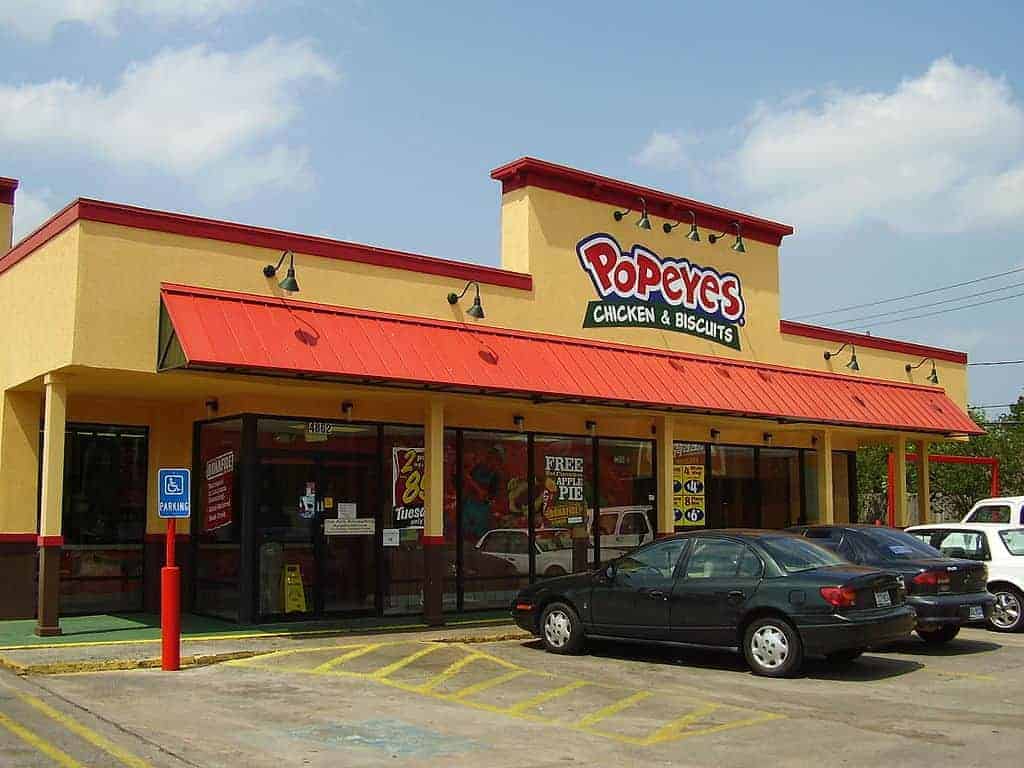The Reputation Institute gave Tim Hortons a serious beatdown May 23, dropping the brand’s position from 13 to 67 in its survey of Canada’s most reputable companies.
While Tim Hortons is still considered to have a strong reputation, this is the second poor showing in as many months, putting the brand’s long-term success at risk.
I’ve been highly critical of Restaurant Brands International Inc. (TSX:QSR)(NYSE:QSR) in 2018, primarily because of the way the company is handling its Tim Hortons’ business, and now it looks as though the mistakes it has made are catching up to it.
“Restaurant Brands has destroyed much of Tim Hortons’s goodwill,” I recently wrote. “Unless it changes its tune relatively quickly, which I don’t see happening, it’s going to have a hard time selling off the coffee brand, let alone reviving it to its former glory.”
After what seemed like several slaps in the face, Restaurant Brands finally took action to quell the franchisee revolt. Tim Hortons’ newly appointed president, Alex Macedo, travelled across Canada to meet with franchisees in an effort to make peace with its restaurant owners.
“We can’t pretend everything is good or that we did all the right things,” Macedo told the Canadian Press recently. “We could have done a few things better.”
Ya think?
It’s not ready for the scrap heap
As much as I think 3G Capital’s way of doing business is bad for the long-term health of its investee companies, I’ve got to take a balanced approach to evaluating Restaurant Brands’ performance.
Fool contributor David Jagielski highlighted the company’s strong first-quarter results.
“While Burger King was up 3.8% this quarter, which was a big improvement from the 0.1% decline it saw last year, Tim Hortons was down 0.3% in Q1, which was more than the 0.1% decline it experienced a year ago,” Jagielski stated April 26 when discussing comparable restaurant sales. “Popeyes also saw positive growth this quarter, with comparable sales rising 3.2%, up from a decline of 0.2% this time last year.”
It’s fair to say that not all is broken at the restaurant conglomerate.
Valuation at a deep discount
While Jagielski sees Restaurant Brands’ stock as pricey, Morgan Stanley analyst John Glass does not. He believes it’s deeply undervalued.
“Not only does our analysis support close to our US$69 [price target], but it also suggests that if one were to isolate the Tim Hortons’ business as the cause for the discount, our analysis shows that it is effectively trading at a ~25% discount to DNKN for similar current fundamentals,” Glass said in a note to clients.
If you’re a value investor, the analyst makes a compelling argument. Is he right?
Free cash flow
The company’s free cash flow for the trailing 12 months ended March 31 was US$943 million. Its current enterprise value is US$25.5 billion. That means that investors value Restaurant Brands at 27 times free cash flow. If you invert the two numbers, you get a free cash flow yield of 3.7%.
Value investors generally don’t look at anything less than 8% FCF yield. However, if you take the free cash flow (US$1.35 billion) from fiscal 2017, the FCF yield increases to 5.3%.
The Morgan Stanley analyst has a 12-month target price of US$69, which values Restaurant Brands at $28.4 billion, a free cash flow yield of 4.8%, well below the 8% value designation.
From where I sit, I have a hard time understanding how the analyst views QSR stock as deeply discounted.
If you were to value Tim Hortons at 25% higher as a part of a three-pronged segment analysis, the FCF yield should go down, not up, making it more expensive than it already is.
With Tim Hortons leaking oil, I really can’t change my recommendation. This is not a stock you want to own right now.







